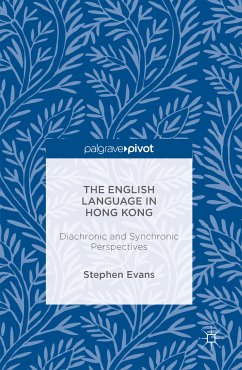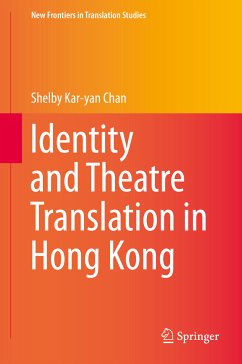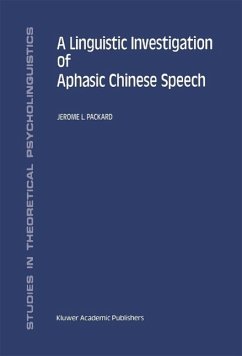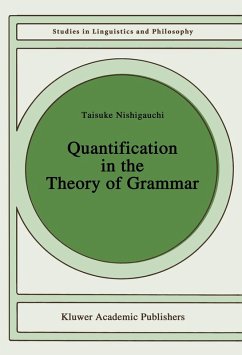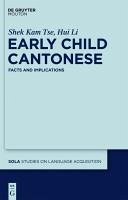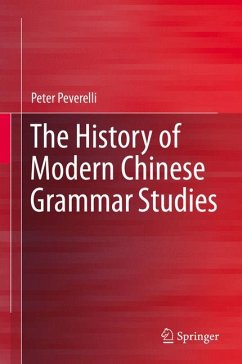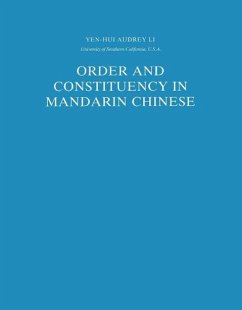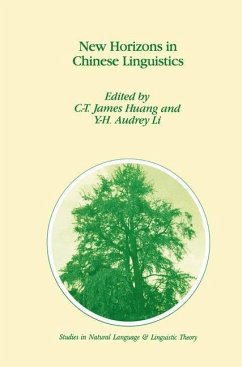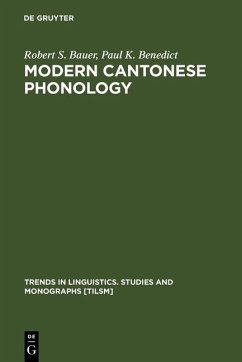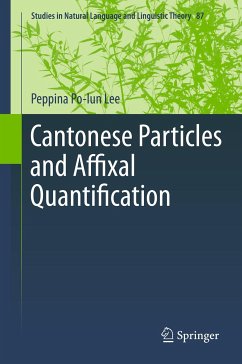
Cantonese Particles and Affixal Quantification (eBook, PDF)
Versandkostenfrei!
Sofort per Download lieferbar
72,95 €
inkl. MwSt.
Weitere Ausgaben:

PAYBACK Punkte
36 °P sammeln!
Cantonese, the lingua franca of Hong Kong and its neighboring province, has an unusually rich repertoire of verbal particles. This volume significantly augments the academic literature on their semantics, focusing on three affixal quantifiers, -saai, -hoi and -maai. The author shows how these verbal suffixes display a unique interplay of syntax and semantics: used in a sentence with no focus, they quantify items flexibly, according to an accessibility hierarchy; with focus, focus comes into effect after syntactic selection. This fresh and compelling perspective in the study of particles and qu...
Cantonese, the lingua franca of Hong Kong and its neighboring province, has an unusually rich repertoire of verbal particles. This volume significantly augments the academic literature on their semantics, focusing on three affixal quantifiers, -saai, -hoi and -maai. The author shows how these verbal suffixes display a unique interplay of syntax and semantics: used in a sentence with no focus, they quantify items flexibly, according to an accessibility hierarchy; with focus, focus comes into effect after syntactic selection. This fresh and compelling perspective in the study of particles and quantification is the first in-depth analysis of Cantonese verbal suffixes. It compares the language's affixal quantification to the alternative determiner and adverbial quantifiers. The book's syntax-semantics mapping geography deploys both descriptive and theoretical approaches, making it an essential resource for researchers studying the nexus of syntax and semantics, as well as Cantonese itself.
Dieser Download kann aus rechtlichen Gründen nur mit Rechnungsadresse in A, B, BG, CY, CZ, D, DK, EW, E, FIN, F, GR, HR, H, IRL, I, LT, L, LR, M, NL, PL, P, R, S, SLO, SK ausgeliefert werden.




